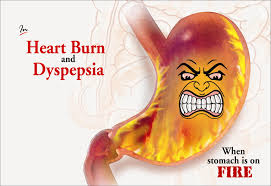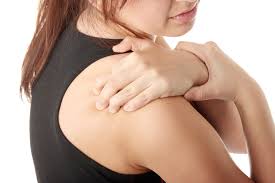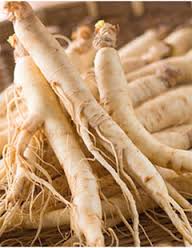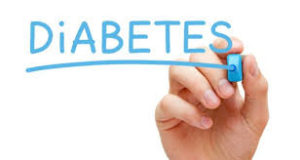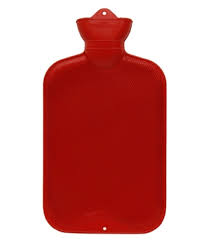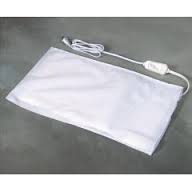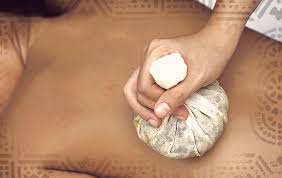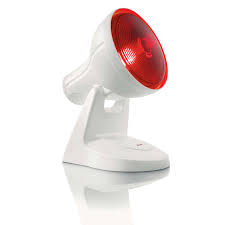MAGNESIA CARBONICA.
This remedy is derived from the Carbonate of Magnesia.
This remedy is useful in gastro-intestinal disturbances with marked acidity.
This remedy is useful in children, who are prone to become thin.
This remedy suits persons whose body smells sour and is disposed to boils.
It is useful in the after effects of shock, blows and mental distress.
It is useful in toothache in pregnancy, which is worse at night, worse from the cold and quiet.
It is a useful remedy, whenever there is a desire for fruits, acids, vegetables and ingestion of these results in eructation. It is a specific remedy in cases of heartburn, sour belching and sour vomiting, especially in pregnancy.
It is useful whenever there is a greenish, watery, frothy, griping and colicky pain.
This remedy is useful when milk passes undigested in children.
This remedy is useful whenever a sore throat appears before menstruation.
It is good remedy for broken down women at menopause.
It is useful whenever there is pain in the shoulders, which may feel dislocated and worse of the right side. It is also useful in neuralgic pain, which is lightning like, forcing the patient to keep walking to try and get relief.
This remedy suits persons who are worse from the warmth of the bed and every three weeks.
This remedy suits persons who are better warm air and walking in open air.
TIPS FOR THE MASTERS…
MAG. CARB is highly recommended by Dr. Hahnemann for the toothache of pregnancy where it has often served me well. The pain Dr. Guernsey says ‘is characteristically insupportable during repose: the patient must get up and walk about’.
Dr. Hughes L.R.C.P.
In a number of cases of cataract, in which MAG CARB had been given with effect, 13 out of 22 patients finding improvement more or less marked from its use; employed in the 6th potency.
Dr.Priel.
